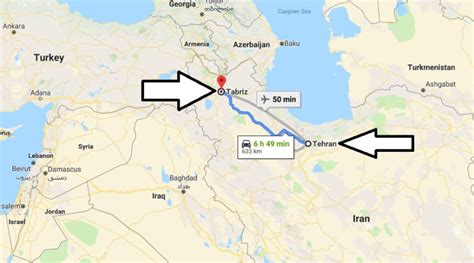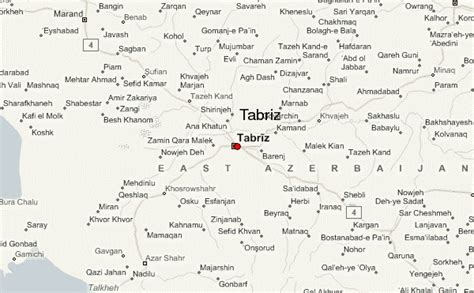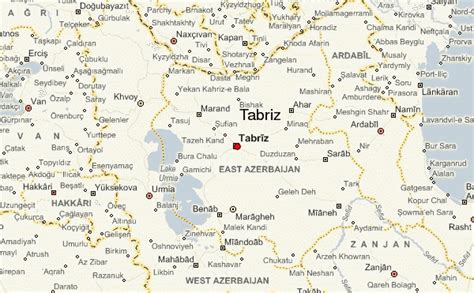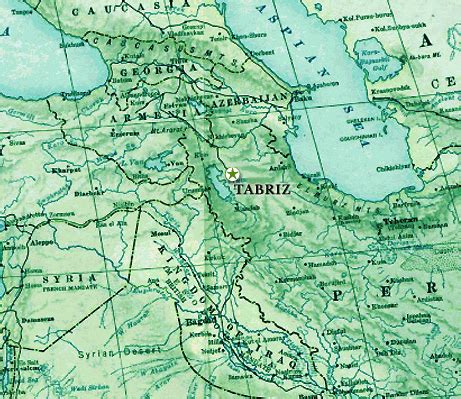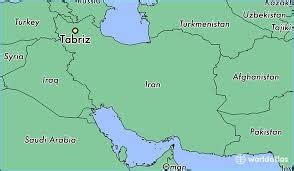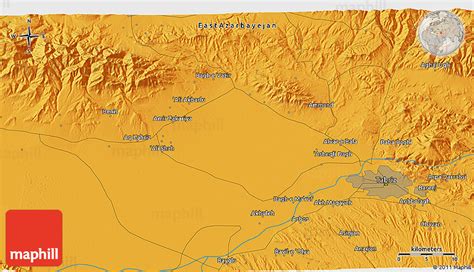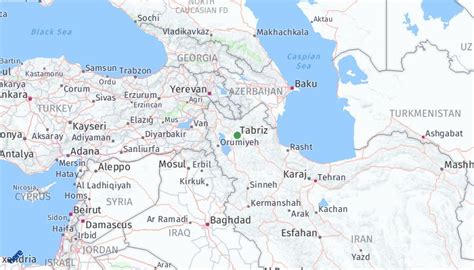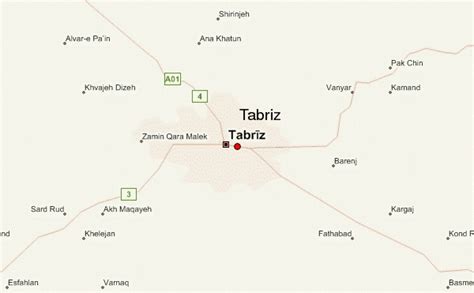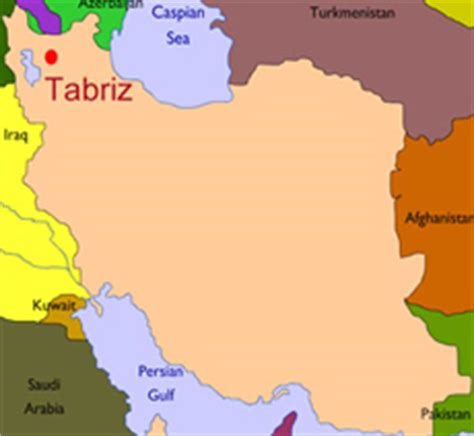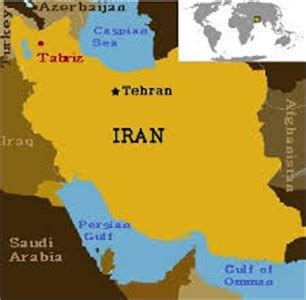Location: Tabrīz 🌎
Location: Tabrīz, Iran
Administration Region: Āz̄arbāyjān-e Sharqī
Population: 1558693
ISO2 Code: Āz̄arbāyjān-e Sharqī
ISO3 Code: IRN
Location Type: First-level Admin Capital
Latitude: 38.0814
Longitude: 46.3006
Tabriz (Persian: تبریز, pronounced [tæbˈɾiːz] ; Azerbaijani: تبریز) is a city in the Central District of Tabriz County, East Azerbaijan province, in northwestern Iran. It is the sixth-most-populous city in Iran.
Tabriz is in the Quru River valley in Iran’s historic Azerbaijan region between long ridges of volcanic cones in the Sahand and Eynali mountains. Tabriz’s elevation ranges between 1,350 and 1,600 m (4,430 and 5,250 ft) above sea level. The valley opens up into a plain that gently slopes down to the eastern shores of Lake Urmia, 60 km (37 mi) to the west. The city was named World Carpet Weaving City by the World Crafts Council in October 2015 and Exemplary Tourist City of 2018 by the Organisation of Islamic Cooperation.With a population of over 1.7 million (2016), Tabriz is the largest economic hub and metropolitan area in northwest Iran. The population is bilingual, speaking Azerbaijani and Persian. Tabriz is a major heavy industries hub for automobiles, machine tools, refineries, petrochemicals, textiles and cement production industries. The city is famous for its handicrafts, including hand-woven rugs and jewellery. Local confectionery, chocolate, dried nuts and traditional Tabrizi food are recognised throughout Iran as some of the best. Some of the most esteemed cultural institutions in Northwest Iran are located in Tabriz, which is also a center for intellectual activity.
Tabriz contains many historical monuments, representing Iran’s architectural transition throughout its deep history. Most of Tabriz’s preserved historical sites belong to Ilkhanid, Safavid and Qajar. Among these sites is the grand Bazaar of Tabriz, which is designated a World Heritage Site. From the early modern era, Tabriz was pivotal in the development, movement and economy of its three neighboring regions; namely the Caucasus, Eastern Anatolia and Central Iran. In the modern era the city played a vital role in the history of Iran. As the country’s closest hub to Europe, many aspects of early modernisation in Iran began in Tabriz. Prior to forced ceding of the Qajar dynasty’s Caucasian territories to Imperial Russia, following two Russo-Persian Wars in the first half of the 19th century, Tabriz was at the forefront of Iranian rule over its Caucasian territories. Until 1925, the city was the traditional residence of the Qajar crown princes.

Top Tabrīz HD Maps, Free Download 🗺️
Map
Maps
United States
United States
World Map
China
China
